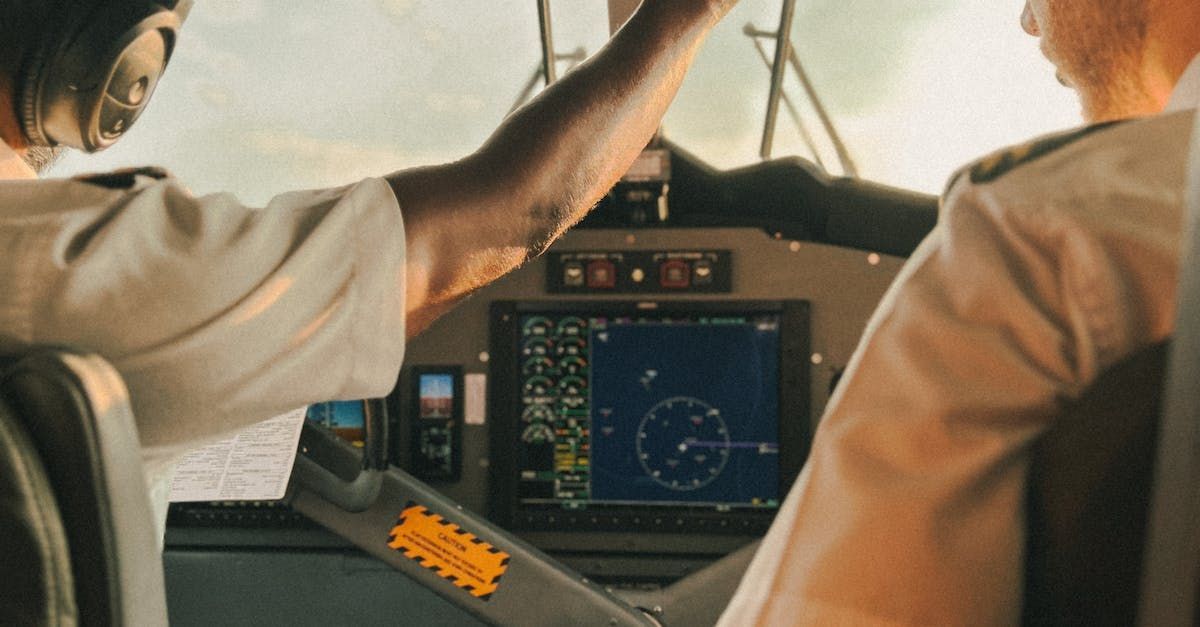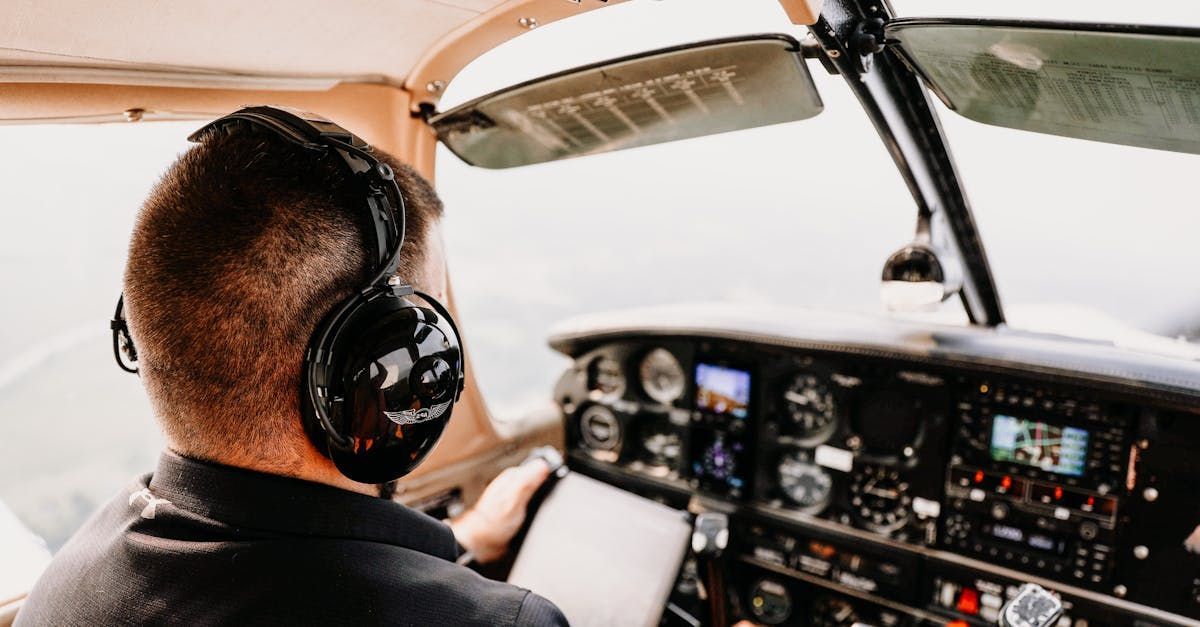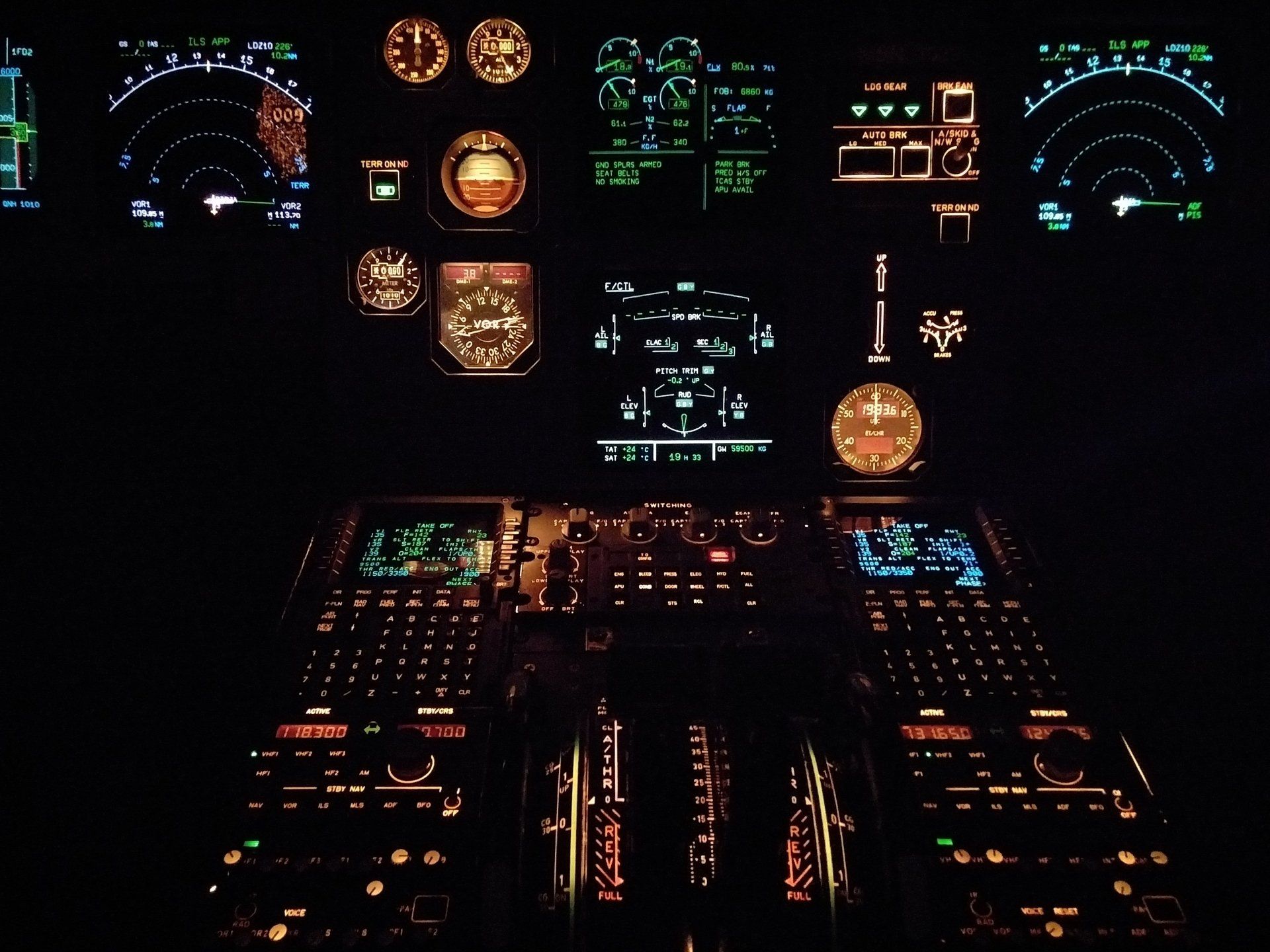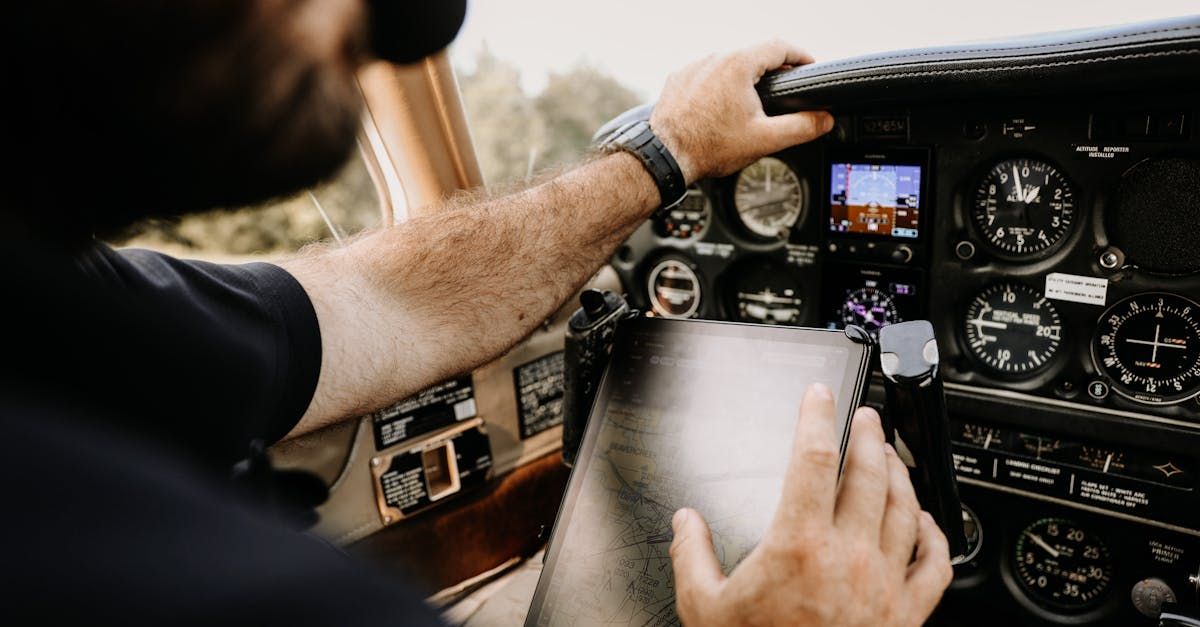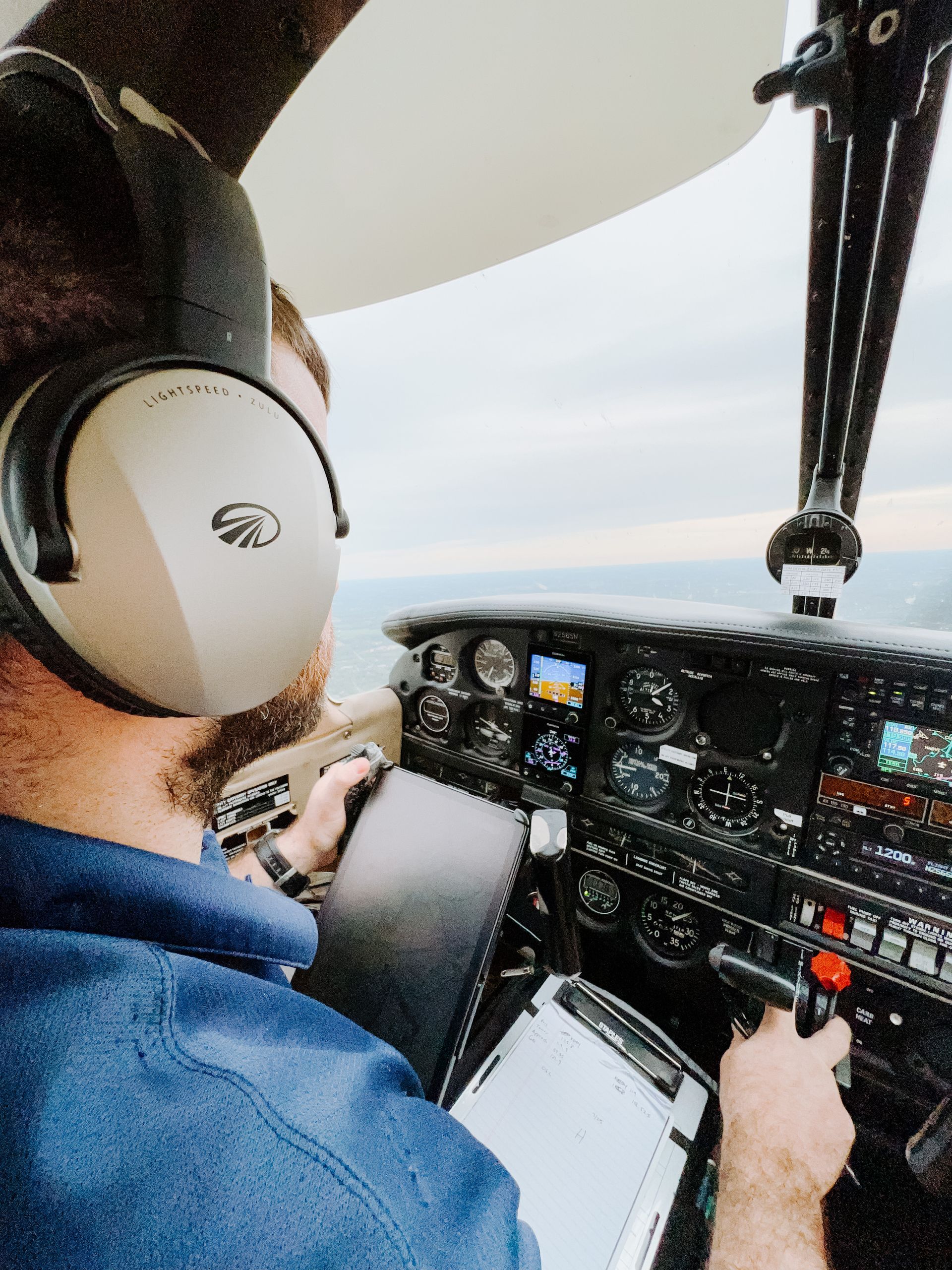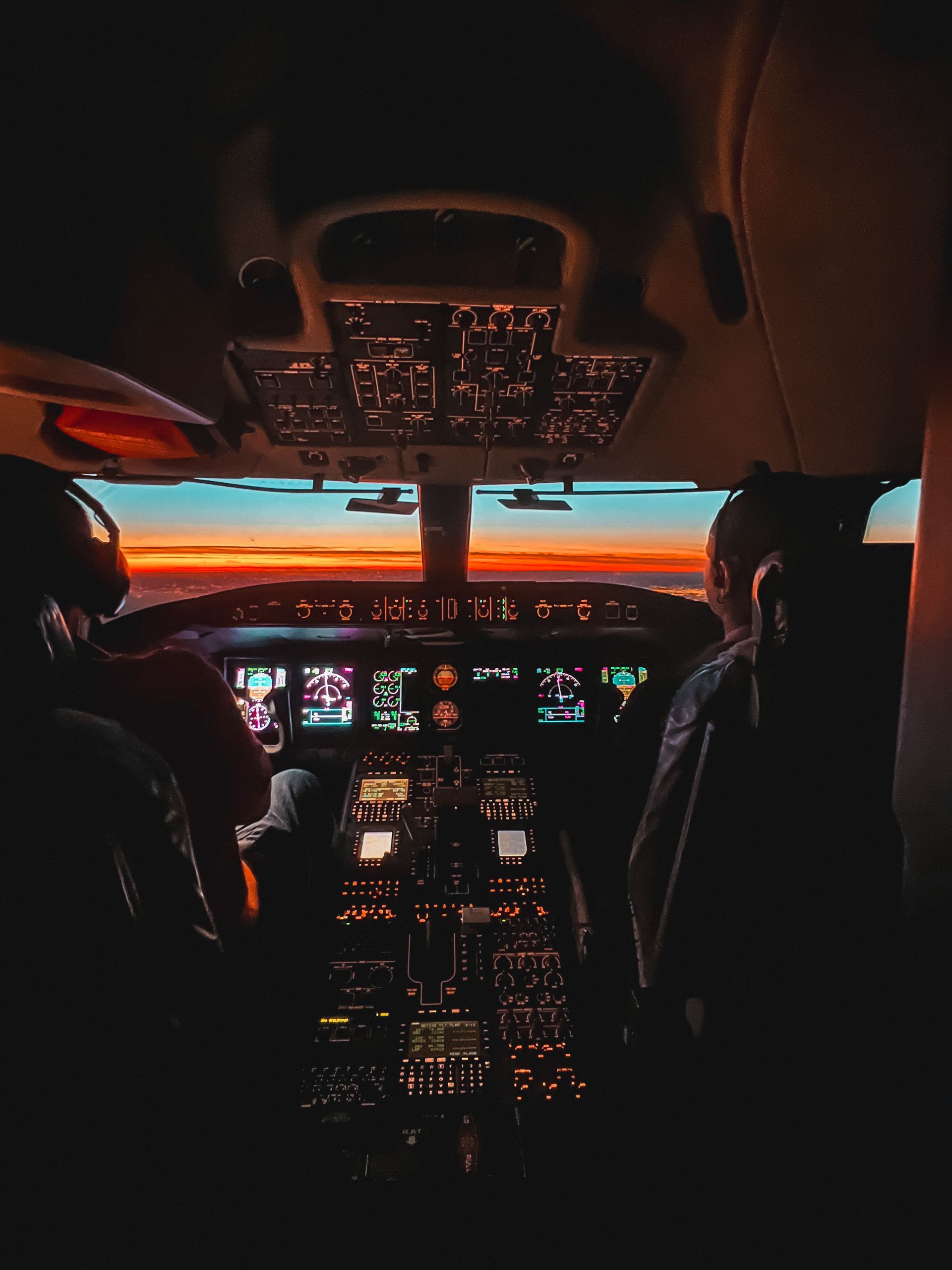Five Reasons to Obtain Your Private Pilot's License in 2024
Are you ready to embark on a new journey?

1. Unmatched Freedom and Flexibility: With a private pilot’s license (PPL), you can soar above traffic jams and terrestrial constraints. The sky becomes your pathway to reach destinations you might otherwise not consider. You’re no longer tied to commercial flight schedules or routes; you can plot your own course, take to the air whenever you choose, and travel in a way that suits your personal schedule.
2. A Gateway to Career Opportunities: Earning your PPL is an investment in your future, especially if you're eyeing a career in aviation. It’s the foundational step toward higher certifications such as a commercial pilot's license or an airline transport pilot's license. It opens doors to professional opportunities in fields like aerial photography, aviation management, or even becoming a flight instructor.
3. Personal Development and Achievement: Learning to fly is no small feat; it requires dedication, discipline, and continuous learning. Successfully acquiring a PPL demonstrates significant personal growth and a high level of responsibility. Your journey to master aeronautics, navigation, meteorology, and communications will enrich your skill set and boost your self-esteem.
4. Technological Advancements: The year 2024 offers access to more advanced aircraft and navigation technologies than ever before. For aspiring pilots, this means training with cutting-edge systems that enhance safety and efficiency while earning your PPL. Utilising such technology early on will prepare you for a future in an industry that’s consistently on the forefront of technological evolution.
5. Unique Experiences and Perspectives: Finally, the visceral pleasure and awe of flight cannot be overstated. As a private pilot, you'll witness breathtaking vistas and experience the planet from a rare perspective. Each flight promises a new adventure. You'll also become part of a tight-knit community of fellow aviators who share your passion for the skies.
Embarking on the journey to earn your private pilot's license in 2024 could just be the most transformative and exhilarating decision of your life. Whether for personal growth, career advancement, or the simple love of flight, the sky is calling. Are you ready to answer?
